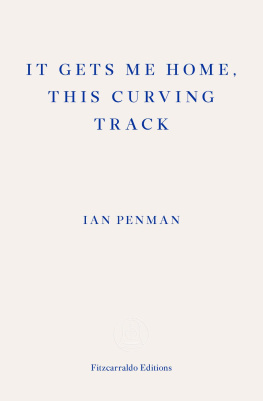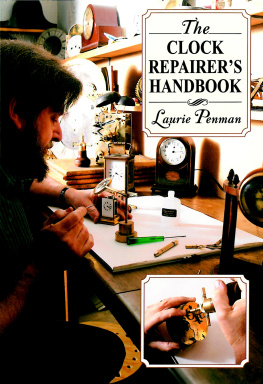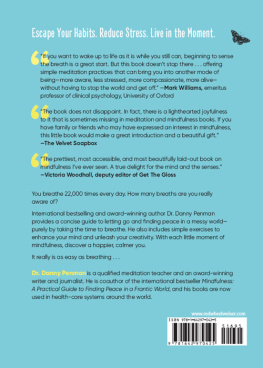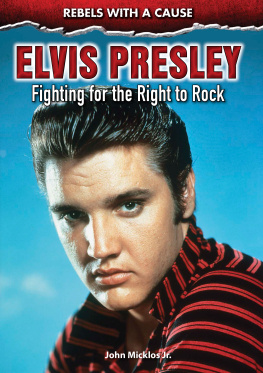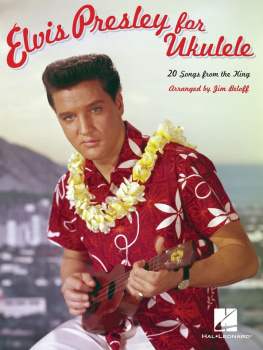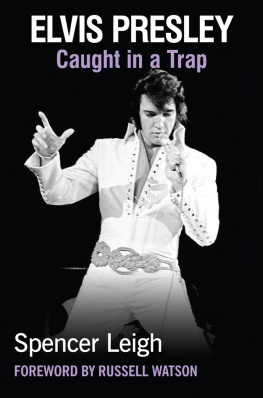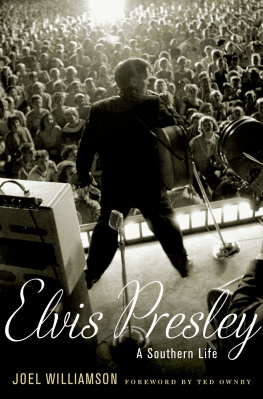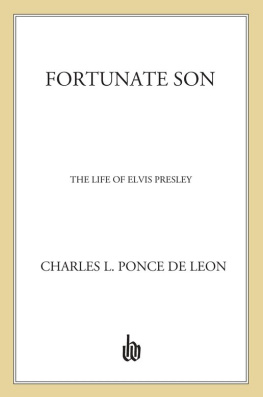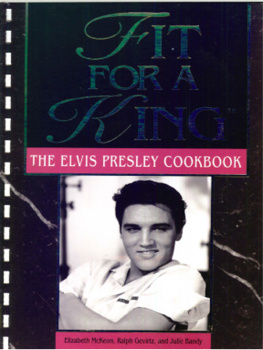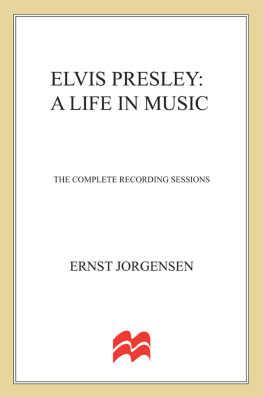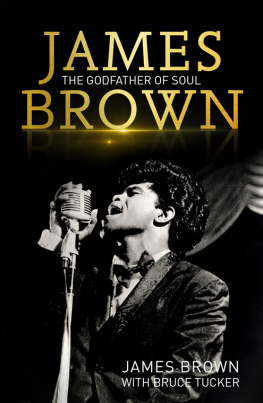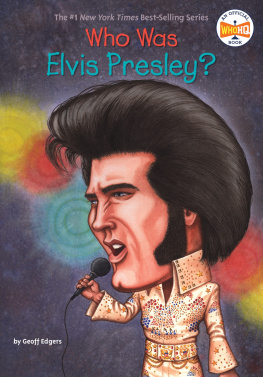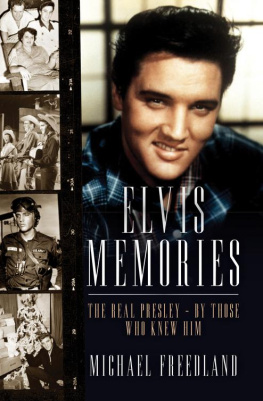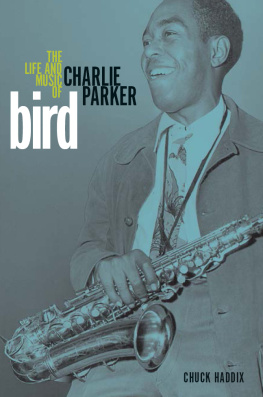It Gets Me Home, This Curving Track summons the lives and times of several extravagantly damaged musical geniuses and near-geniuses in (mainly) the brutal context of mid-century America its racial atrocities, its venality, its murderous conformities. Ian Penman writes an exact, evocative prose as surprising as improvised jazz in its fluid progress from music criticism to social commentary to biography and back. Hes found a way to be erudite without pedantry, entertaining without pandering. His ear for mesmerizing nuance is unmatched by any music critic alive.
Gary Indiana, author of Three Month Fever
Consistently told me stuff I didnt know about stuff I thought I knew. No other music writer combines such lightness of touch with such depths of diving.
John Jeremiah Sullivan, author of Pulphead
Ian Penmans work has the tone, and the texture, and the complexities of the music and musicians he talks about, whether its Steely Dan laughing up their sleeves, the thorny declines of John Fahey and James Brown, or Elviss conflicted southern manners. Its sharp and incisive but also full of love; it is beautiful writing.
Bob Stanley, author of Yeah Yeah Yeah
How in Penmans words to be serious without being pompous, how to be simultaneously complex and seductive, how to give a hint of your own flaws and passions without being boorishly or presumptively autobiographical: such are the struggles of the high-end essayist-reviewer, and the tension at the heart of Penmans own pieces, since he started writing them, as a teenager, for the 1970s NME. The years have made his writing clearer, deeper, sadder, richer. This is a wonderful collection.
Jenny Turner, author of The Brainstorm
Ian Penman is an ideal critic, one who invites you in, takes your coat, and hands you a drink as he sidles up to his topic. He has a modest mien, a feathery way with a sentence, a centurys worth of adroit cultural connections at the ready, and a great well of genuine passion, which quickly raises the temperature. Penman writes about the monuments of popular music as if he had a personal stake in them which of course he does.
Luc Sante, author of The Other Paris
Writing about music can often be a joyless and rather sterile exercise in point-scoring, fact-shaming and imposition of the party line, but rather than engage in musical vivisection, Ian Penmans mercurial, teasing, provocative prose presents him as a tap dancer one who happens to use his fingers instead of his feet, and a keyboard instead of a sprung floor. Whether you agree with everything he says is beside the point. What matters is that he aspires to make the same shapes and rhythms on paper as his subjects do with particles of air.
Will Ashon, author of Chamber Music
Ian Penman critic, essayist, mystical hack and charmer of sentences like theyre snakes is the writer I have hardly gone a week without reading, reciting, summoning to mind. The writer without whom, etc. I was 15 when I first read Penman, and practically all I thought about was music. After Penman, I thought about language, too. About the ways a young life might be diverted by the wrong words, the wrong metaphors how you might find the right ones in a stray song lyric or the corner of a magazine page. The writing is frequently something entirely else: decades of love and listening translated into prose that glides and shimmies and pivots on risky metaphors, low puns, highbrow reference points. I wouldnt have written a word without the dream, ghost, echo of his writing.
Brian Dillon, frieze
Ian Penman is popular musics Hazlitt its chief stylist and his sound is often equal to what he writes about. Each of his essays is an event, so this book is indispensable.
Andrew OHagan, author of The Secret Life
Written with love and joy and squirt gunners accuracy with the adjective.
Nicholson Baker, author of U & I
A laureate of marginal places.
Iain Sinclair, London Review of Books
MIHI CIVITATEM
all the black & white cats.
CONTENTS
Isnt this musicality, which seems suddenly to be exhaled by things, so that it brings them into tune with me, the symbol of what I have desired for a long time: no longer to be in the position of a stranger in a world where I alternately doze off and stir myself in pointless agitation?
Michel Leiris, The Trumpet-Drum
If I told you It gets me home / this curving track is a line I stole from a thirteenth-century Sufi poem, or a nineteenth-century British folk song, or a 1930s Deep South blues holler, would you believe me? Its actually taken from the 1958 W. H. Auden poem Walks, but when I came across it one blurry insomniac morning it seemed to leap off the pristine Faber & Faber page a lovely description of spinning vinyl, and also words that might have sprung from any number of unkempt and long-favoured songs. I can imagine this line being sung by The Carter Family say, or Skip James and Shirley Collins or Van Morrison or Taj Mahal, or maybe even in one of those slow, strange, melancholy tracks that Underworld sometimes do. In my minds ear I can hear it issuing forth from Kate Bush, or buried away in the echoic waveforms of a new Burial mix. It could be a lost album of pastoral keening by the late and sorely missed Coil. It could be the title of a book by Charles Bukowski in his 60s/70s prime, to fit alongside all-time favourites such as It Catches My Heart in Its Hands or The Days Run Away Like Wild Horses Over The Hills or (wait for it) Play the Piano Drunk Like a Percussion Instrument Until the Fingers Begin to Bleed a Bit. It could be the one phrase you clearly understood on a page by Heidegger
Another couplet from the same Auden poem: The repetition it involves / Raises a doubt it never solves. This also seems to me to suggest some of the strange pull and operation of certain hypnotic musics. Another couplet from a different poet: How does it feel / To be without a home? The irony here is that when Dylan flung out such biting lines in the mid-60s, they made a lot of people feel in some cases, for the very first time a little less lonely, mapless, passed over. When all else fails, when our compass is broken, there is one thing some of us have come to rely on: music really can give us a sense of something like home. Just in the last few hours work, my background music, more or less at random, included: Carmen McRae singing Lennon and McCartneys Carry That Weight: Once there was a way / to get back homeward Gram Parsons and The Flying Burrito Brothers: Wont you sing me back home with a song I used to hear. Bob Neuwirth: Far from home, every late night two-bit jukebox / Has a song for someone thats gone. Johnny Thunders: And when Im home / big deal Im still alone. Steely Dan: Could it be that I have found my home at last? / Home at last. And finally, definitively, Janes Addiction and an oddly hypnotic one-word song: Home home How to build a home or community and how to do so in a time of increasing fragmentation, and what meanings we might find (or re-find) there these are matters that never grow old or stale. Theres a line in the film Cutters Way which always gets me (though perhaps not so much now as it did a few decades back, when I was simultaneously resistant to the idea of home, and secretly desperate for one), when Mo says to the blithe hedonist Bone: Is it so bad to have somewhere to come home to, Richie, when you got nowhere else to go? Partly, of course, its how the actress Lisa Eichorn delivers this line the music her voice makes of it. Cutters Way could be seen as a meditation on how dissimilar people made unlikely homes or families for themselves in very un-straightforward ways, at a time in America when a lot of wounded boys/men, black and white, came back home from an obscenely pointless war. (For more on this, I recommend the Kent CD,

